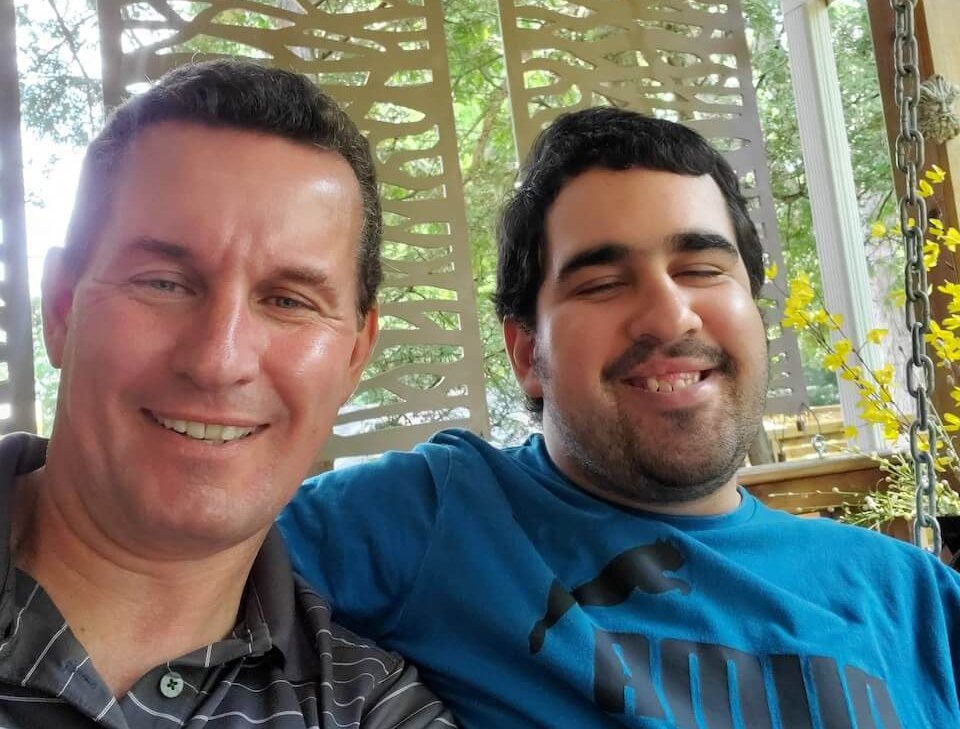I am the father of two young adults — a son and a daughter. My son has an intellectual disability and autism. I want them both to be happy, have great friends, access opportunities, have a sense of purpose and contribute to society. By achieving those things, my hope is that they will in some way, realize their potential.
While I have the same hopes for both of my children, my son will always require more support to get there. Current government income supports for persons with disabilities are woefully inadequate.
Canadians who have a disability already face a myriad of barriers to society, from healthcare, to education, to employment and housing. Without a basic level of income support, how can anyone with a disability pursue the relationships, opportunities, purpose and contribution we all crave?
If one is perpetually worried about shelter or the next meal, realizing one’s potential is not an option.
Election season is upon us and achieving income security for persons with disabilities will require strong federal leadership, a commitment to disability income support and the wherewithal to work with the provinces and territories to make it happen. Are our federal political parties up to the task?
Income security for persons with disabilities should be a priority across all political platforms.
Importantly, any disability benefit should at least be tied to the poverty level, which will allow for the basics of life — or around $2200.00 per month right now. Most provincial benefits fall well below this threshold.
A partnership or cooperation between the federal government and the provinces/territories will be required to make this happen. Currently, each province/territory is responsible for providing disability income supports, so a federal contribution will be needed to get to the $2200.00 monthly threshold.
There are also many things that can’t be allowed to happen.
Provinces and territories should not be allowed to claw back their portion of a disability benefit if a federal portion is added to meet the monthly threshold. Claw backs would keep people with disabilities ensnared by poverty, helping no one except maybe the provincial and territorial Ministers of Finance.
There must also not be a disincentive to employment. Persons with disabilities should be allowed opportunities to better themselves like any Canadians. The income exemption should be tied to the Basic Personal Amount tax credit, which is currently $13,808, rising with inflation to $15,000 by 2023.
Benefits should also be paid to the individual based on their eligibility, not based on household income and with whom a person lives. This is needed to maintain a person’s autonomy and dignity. People should have the freedom to choose their relationships and living situation based on what each brings to the relationship and not on what income may be lost. This is not currently the case.
Eligibility must also be examined. For example, in my son’s case, he qualifies for the Disability Tax Credit (DTC) based on his intellectual disability, not his autism. Too many people who have autism spectrum disorder (ASD) do not qualify for the DTC yet face all the socio-economic barriers faced by my son. We need to reconsider disability eligibility criteria such that it reflects the personal barriers to success people face.
Let’s not leave people behind.
Too many people who have a disability live in poverty. In Canada, this should not be acceptable. By design, we purposely double the vulnerability of people who experience disability by adding poverty to their lives. It doesn’t have to be this way.
Let’s use this federal election to ask our political parties to work with the provinces/territories and implement a federal disability benefit to pull persons with disabilities out of poverty once and for all.
The pandemic has shown that with collective will and intent, we can implement social supports to see people through situations that are not of their making. These supports were not dependent on where in Canada a person lived, they were a result of a largely non-partisan collective will and federal leadership.
Why then, should we not expect this kind of leadership and support for people — who through no fault of their own — experience disability in their lives? It’s time.
Photo courtesy of the author



